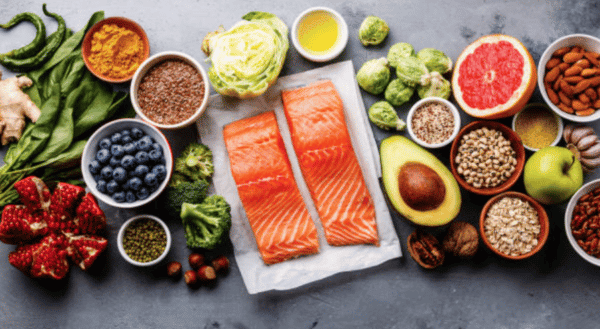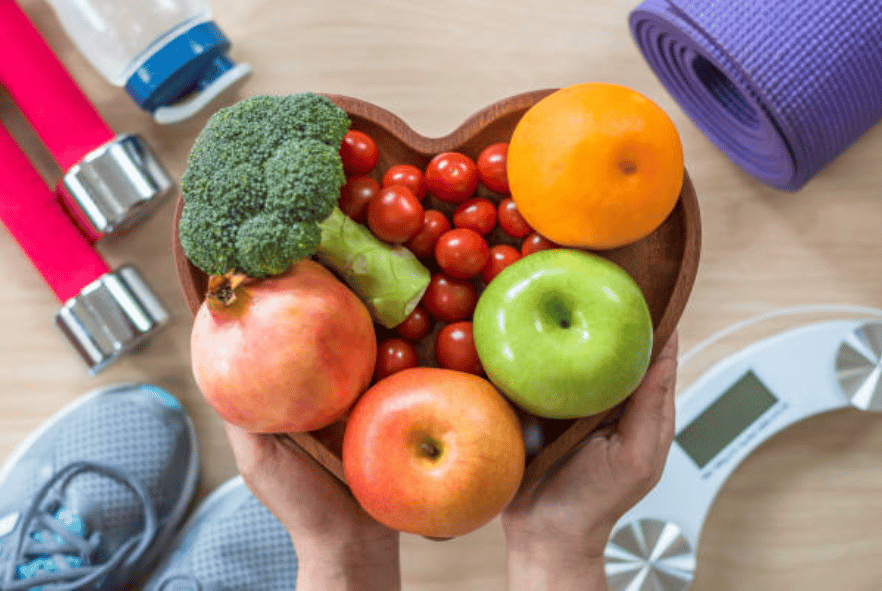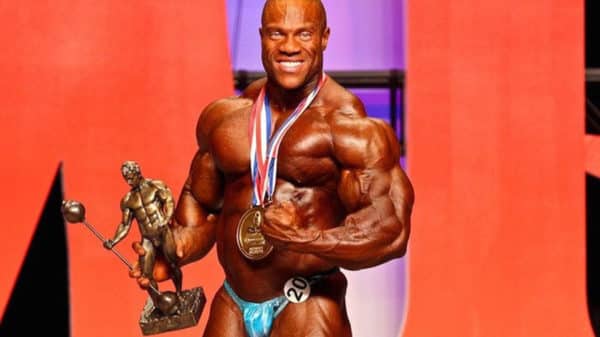Nowadays, eating healthy has become extremely popular. However, most people who eat a 100 % healthy diet are often disappointed in terms of results. Their diet is often not sustainable in the long run. So what exactly does eating healthy mean? That's what we'll look at in this article.
What does healthy eating mean?
Following several surveys of people who claim to eat healthily, this shows us a multitude of different answers.
Indeed, for a vegetarian, eating healthy will mean: no meat or food of animal origin.
For someone following a paleo approach, on the contrary, meat and animal proteins will be healthy, as well as fruits and vegetables.
Someone who follows a ketogenic diet will favour lipids which will be part of their healthy diet at 70% and will ban carbohydrates.
For others, we should eat everything organic. In short, we could go on and on with many examples like this....
Healthy eating, a different term for each of us...
In reality, the term healthy food or healthy eating most often means banning processed foods. That is to say industrial food. Adopt a diet low in fat, low in salt and added sugar, therefore in calories with preferably a glycemic index so prefer fresh, homemade food.
When you start to look more closely at the term, it usually gets confusing very quickly. Everyone has a different idea of what healthy means. Besides, eating healthy means nothing if we don't control the quantities.
For example, to return to the example of the paleo diet, which theoretically consists only of foods that our ancestors consumed, we often find examples of food plans proposing cakes and cookies paleo high in calories and lipids (even if I doubt that our ancestors baked cakes in their cave). Does this mean eating healthy?
Are all these trendy, high-protein, high-fiber, low-fat protein bars considered healthy when they are often made from processed foods?
As you can see, if we were to make a list of what would be acceptable to eat, we would end up with a very small list of healthy foods. Also, as mentioned above, it varies from person to person.
Unless you make your own recipes and choose organic ingredients (organically grown) and have your own vegetable garden, farm and chickens... it's the only very healthy way to control what you eat. But here's the thing, if you eat pounds of healthy food, it's mathematical, you will still gain weight.
The shortcomings of the "healthy eating" concept
In addition to not having a real concrete definition, this concept of healthy eating suffers from a number of defects.
What is a healthy and balanced diet?
In fact, if you ask anyone if potatoes are a healthy food, most will say yes. However, this may not be the case for a diabetic because of the carbohydrates it contains and even less so for someone with kidney failure due to its high potassium content.
What about milk? There is a lot of contradiction on this subject. Good for health and healthy for some, bad for others, especially those who are lactose intolerant.
You will have understood that it depends on many parameters according to the profile of each individual, preferences, objectives.
This will cause you to be thorough and count your calorie and macro needs. This is why I suggest in my follow-ups and personalized programs food plans adapted to each individual.
Is eating only healthy too rigid a practice?
Following the 100% concept of "eating healthy" is often a very rigid, black and white approach to dieting. There is a specific list of what they consider to be healthy foods and foods to ban. However, for long term results in both fat loss and muscle gain, our diet should be more flexible than seeing foods as good or bad. Even if there are indeed foods that are more fatty than others or sweeter than others...
Why does a healthy 100% diet often lead to failure?
People who follow a rigid healthy diet base their diet solely on choosing "healthy" foods and banning "bad" foods. They do not take into account the calories. It is no wonder why, despite this type of diet, many followers of this concept do not lose weight and do not achieve their goals.
For example, a handful of almonds (considered a healthy food and they are) can exceed 200 calories! How can you control your weight sustainably if you don't know your caloric needs?
As a certified coach, I hear all too often:
I eat healthy but I'm getting fatter and I don't understand why...
These same people who send me their life questionnaires so that I can analyse their eating habits, are the ones who put 6 spoonfuls of olive oil (called healthy) in their salad. Yes, olive oil is very good for your health, it's true, but did you know that one tablespoon already represents almost 100 calories? multiplied by 6, it's already too much for one meal. A little tip: 1 spoonful is enough and you can add the same amount in water. So 1 spoonful of water mixed with your sauce at the end of your preparation. This will not take away the good taste of your mixture. You see, there are solutions to everything, it is simply a question of knowing it.
Eating well or eating balanced does not exclude paying attention to the quantities as well as the diversity of foods.
For example, athletes who need to consume protein should not exceed a certain amount per kilo of body weight.
Another example, quinoa or oilseeds are considered healthy foods but eating too much of them is not good either. So how do you eat healthy?
It is the energy balance that will determine your weight gain or loss and not the source of the food. Therefore, before establishing a food program, it is essential to calculate your calories and macros.
Take a more flexible approach to your diet
A more flexible approach to your diet is based more on "how much" than "what" to eat. This way, you can eat what you think is healthy while calculating the quantities.
The flexible diet is often perceived as the fact that you can eat anything and has a bad reputation. This is partly because of the pictures of pizza, ice cream, and other cheat meals posted by many influencers on social networks. So for the general public the IIFYM diet = permanent cheat meal.
In reality most people who follow a flexible diet eat a wide variety of fruits, vegetables, whole grains, lean meats, low-fat dairy products, yogurt 0 % or skyr in short food considered healthy.
Eating a variety of nutrient-rich foods should be the basis of any sustainable nutritional approach. This consumption prevents vitamin and mineral deficiencies. Many people on the IIFYM also monitor their fiber intake to ensure adequate micronutrient intake.
IIFYM - If it fits in your macros
Determine your own calories and macros with my programs
To summarize
A clean and healthy diet has no precise definition. And yes, eating healthy doesn't mean anything if we don't control the amount of these foods. What is considered clean or healthy food differs from person to person. Having a healthy and balanced diet is a concept that varies according to our preferences, our goals, our approach to food and sometimes even our religion.
Finally, the main flaw of an overly rigid healthy eating approach is that there is often no consideration of calories or macronutrients. Healthy eating concepts are often overly strict dietary approaches that are not sustainable in the long term. Indeed, changing your eating habits should be for life and not for the time it takes to lose your fat. Because if you go back to your old ways, it is quite possible that you will take two steps backwards and therefore regress.
Also read articles:
My low calorie protein donuts recipe










